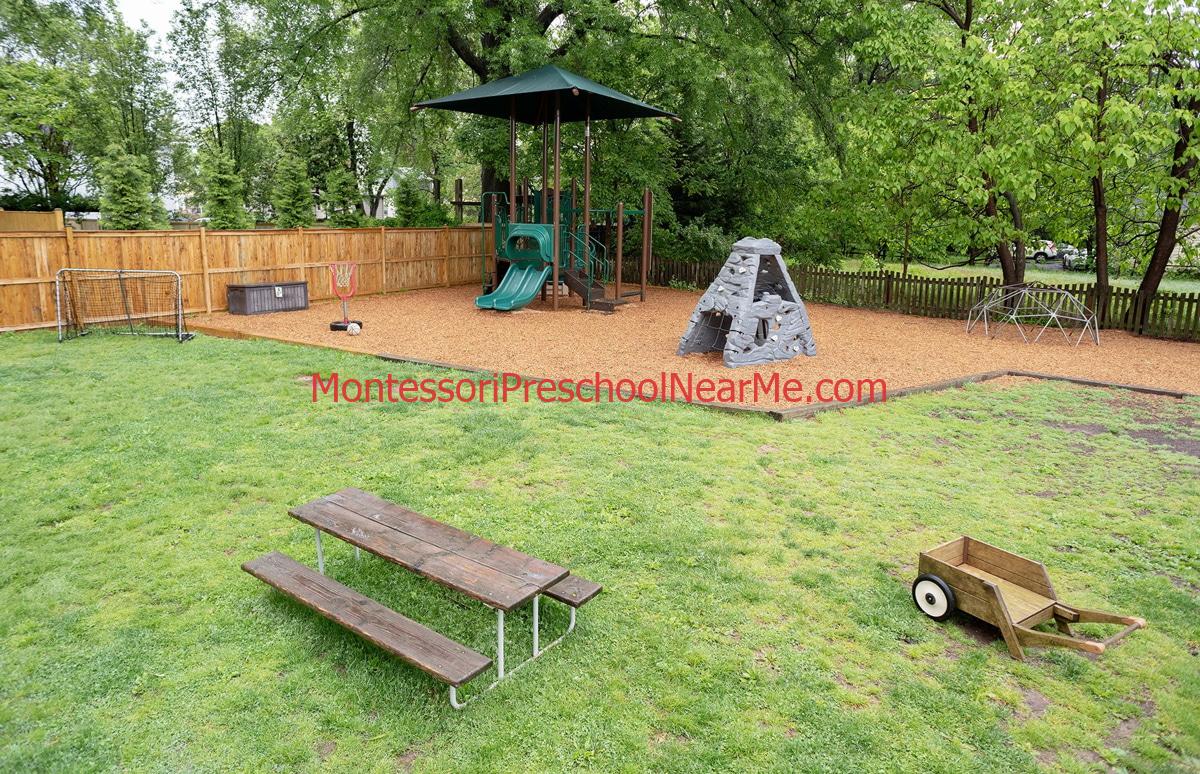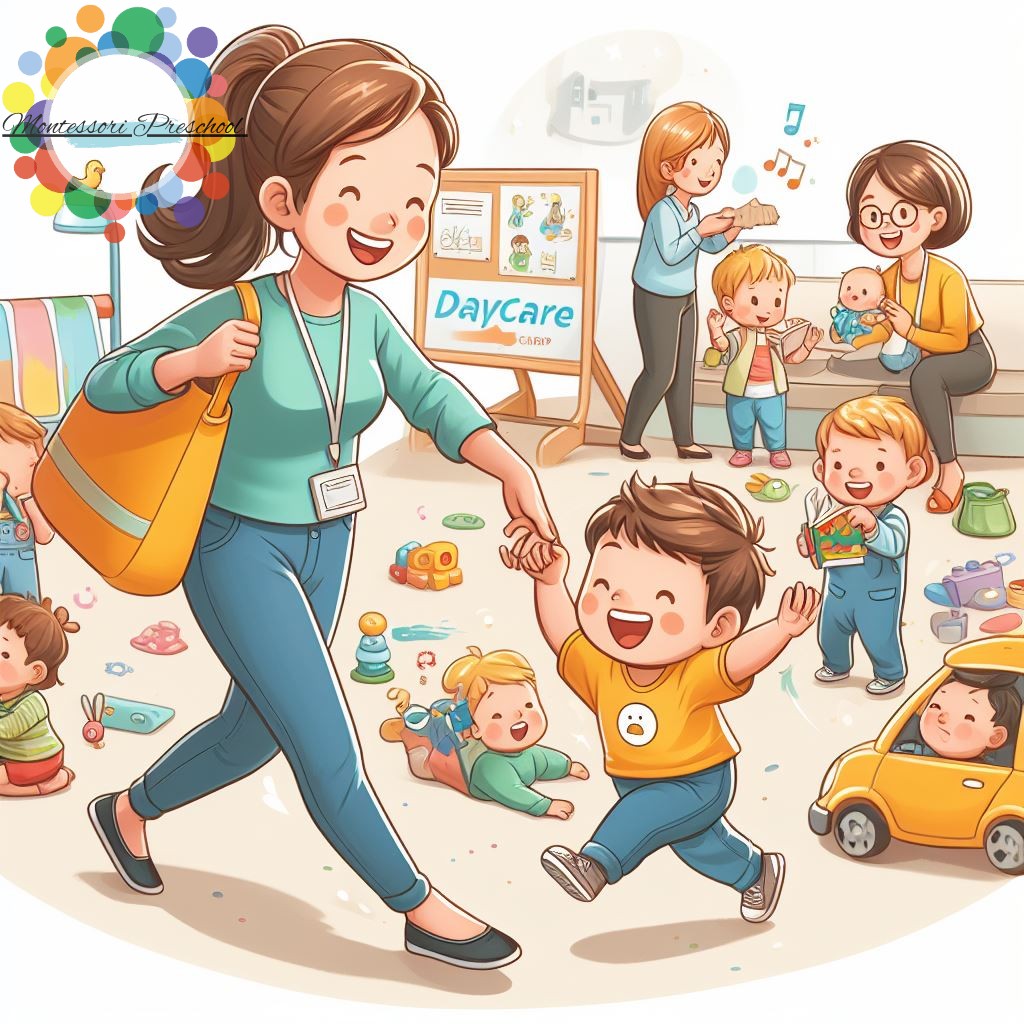
Montessori schools have gained popularity in recent years for their unique approach to education. With a focus on self-directed learning and fostering independence, these schools aim to provide an alternative to traditional classroom settings. But are Montessori schools really the magical solution for your child’s education? In this article, we will explore the pros and cons of Montessori education and delve into the factors that you should consider before making a decision for your child’s future.
The Montessori Method: A Brief Overview
The Montessori method was developed by Dr. Maria Montessori, an Italian physician, in the early 20th century. The approach is rooted in the belief that children possess an innate desire to learn and grow. Montessori schools aim to create an environment that nurtures this natural curiosity and allows children to develop at their own pace.
Pros of Montessori Schools
Foster Independence and Love for Learning
One of the major advantages of Montessori schools is their ability to foster independence and a love for learning in children. The self-directed nature of the Montessori method encourages students to take ownership of their education and pursue topics that interest them. This approach creates a sense of empowerment and allows children to develop a lifelong love for learning.
Development of Key Life Skills
In addition to academic knowledge, Montessori education focuses on the development of important life skills such as problem-solving, critical thinking, and teamwork. Through activities and hands-on learning experiences, children learn to think independently, make decisions, and work collaboratively with their peers. These skills are invaluable in both academic and real-life settings.
Individualized Learning
Montessori schools are known for their individualized approach to education. Each child is recognized as a unique individual with their own strengths, interests, and learning styles. Teachers in Montessori classrooms tailor their instruction to meet the needs of each student, allowing them to progress at their own pace and explore areas of interest in depth.
Emphasis on Practical Life Skills
Montessori education places a strong emphasis on practical life skills. Children are taught how to perform everyday tasks such as pouring, dressing themselves, and cleaning up after themselves. These activities not only enhance children’s independence but also help in the development of fine motor skills and concentration.
Nurturing of Social and Emotional Skills
Montessori classrooms provide a supportive and nurturing environment for the development of social and emotional skills. Through mixed-age classrooms and the opportunity for peer-to-peer learning, children learn important social skills such as empathy, cooperation, and conflict resolution. They also have the freedom to express their emotions and develop emotional intelligence.
Cons of Montessori Schools
Lack of Consistent Quality Implementation
One of the biggest criticisms of Montessori education is the lack of consistent quality implementation across all schools. While the Montessori method has a well-defined philosophy and principles, the level of adherence to these principles can vary greatly from school to school. Some schools may not fully embrace the Montessori approach, leading to a diluted educational experience.
Difficulty in Transitioning to Higher Education
Another concern raised by critics of Montessori education is the potential difficulty that Montessori-educated students may face when transitioning to higher education. Traditional education systems often have different expectations and teaching styles, which can pose challenges for students who have primarily experienced the Montessori method. However, research suggests that Montessori students generally perform well academically and adapt effectively to different learning environments.
High Tuition Fees
Montessori schools are typically private institutions, and as such, they often come with a hefty price tag. The cost of tuition can be a barrier for many families seeking Montessori education for their children. It is important to weigh the financial implications against the perceived benefits before making a decision.
Limited Availability
While the popularity of Montessori schools has grown significantly in recent years, they are still relatively less common compared to traditional schools. This limited availability may make it challenging for families to access a Montessori education, particularly in certain geographical areas.
Lack of Standardized Testing
Another point of contention with Montessori education is the lack of standardized testing. Montessori schools focus on the development of the whole child and often prioritize hands-on learning and practical experiences over traditional testing methods. While this approach has its advantages, it can also make it difficult to assess a student’s progress and compare them to their peers in more traditional settings.
Modern Research and the Future of Montessori Education
Despite the criticisms and doubts surrounding Montessori education, modern research is shedding light on its potential benefits. Promising studies have shown positive outcomes associated with the Montessori method, including improved academic performance, social skills, and executive function. However, more extensive research is needed to fully understand the long-term effects of Montessori education and its potential as a magical solution for every child’s educational journey.
Conclusion
In conclusion, Montessori schools offer a unique approach to education that emphasizes independence, self-directed learning, and the holistic development of the child. While there are undoubtedly positive outcomes associated with this learning style, it is important to consider the limitations and potential drawbacks as well. Factors such as the quality of implementation, transition to higher education, and financial considerations should be carefully weighed before making a decision. Montessori education may not be the magical solution for every child, but it certainly has the potential to provide a nurturing and enriching educational experience for those who resonate with its principles and philosophy.
NOTE: This article was written based on research and general knowledge on the topic of Montessori education. It is important to conduct further research and consult with professionals before making any educational decisions for your child.



